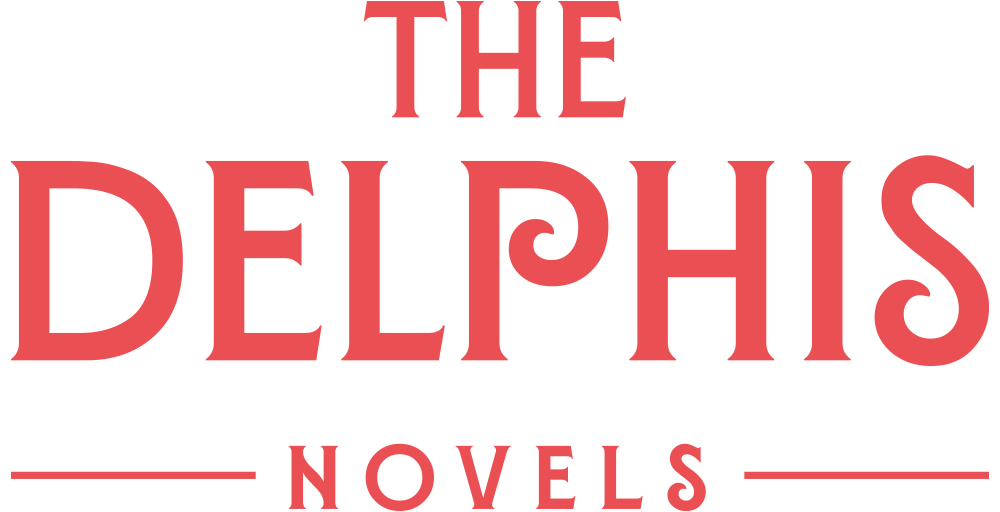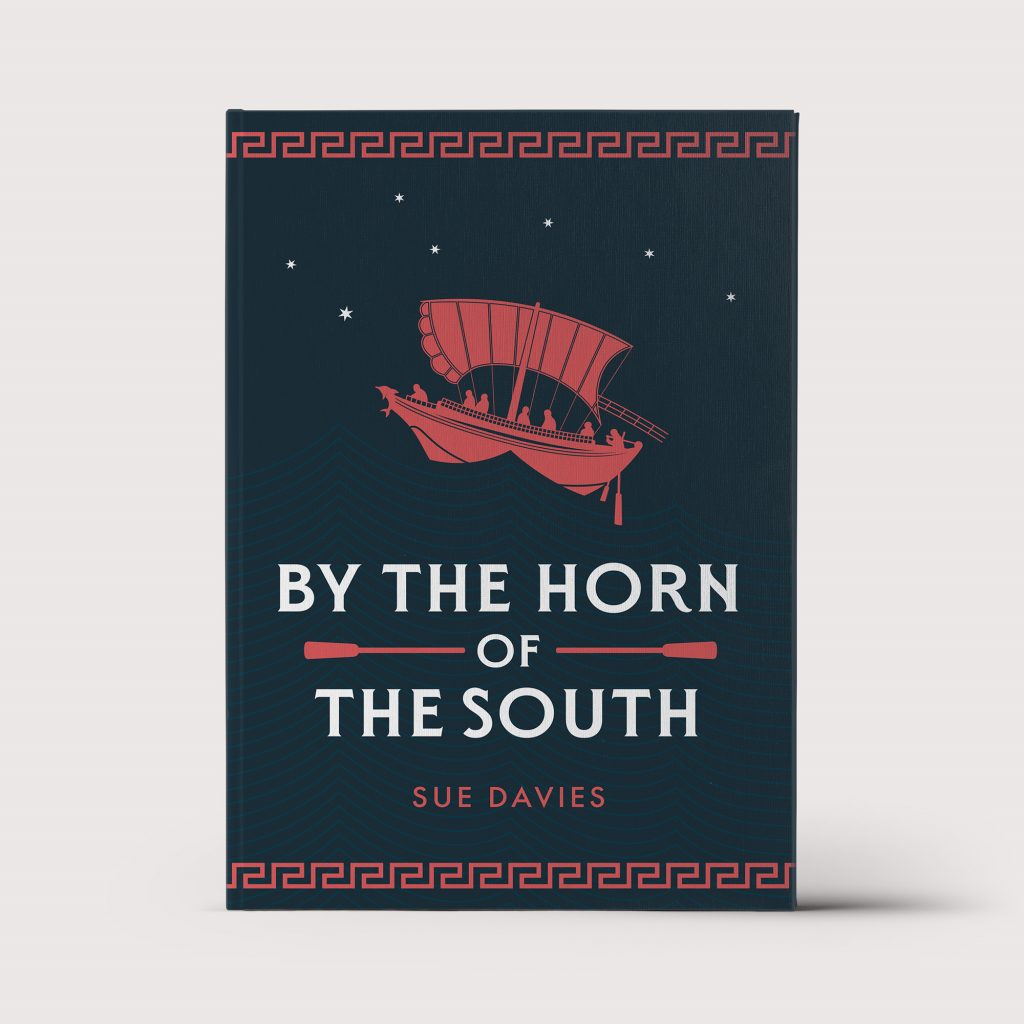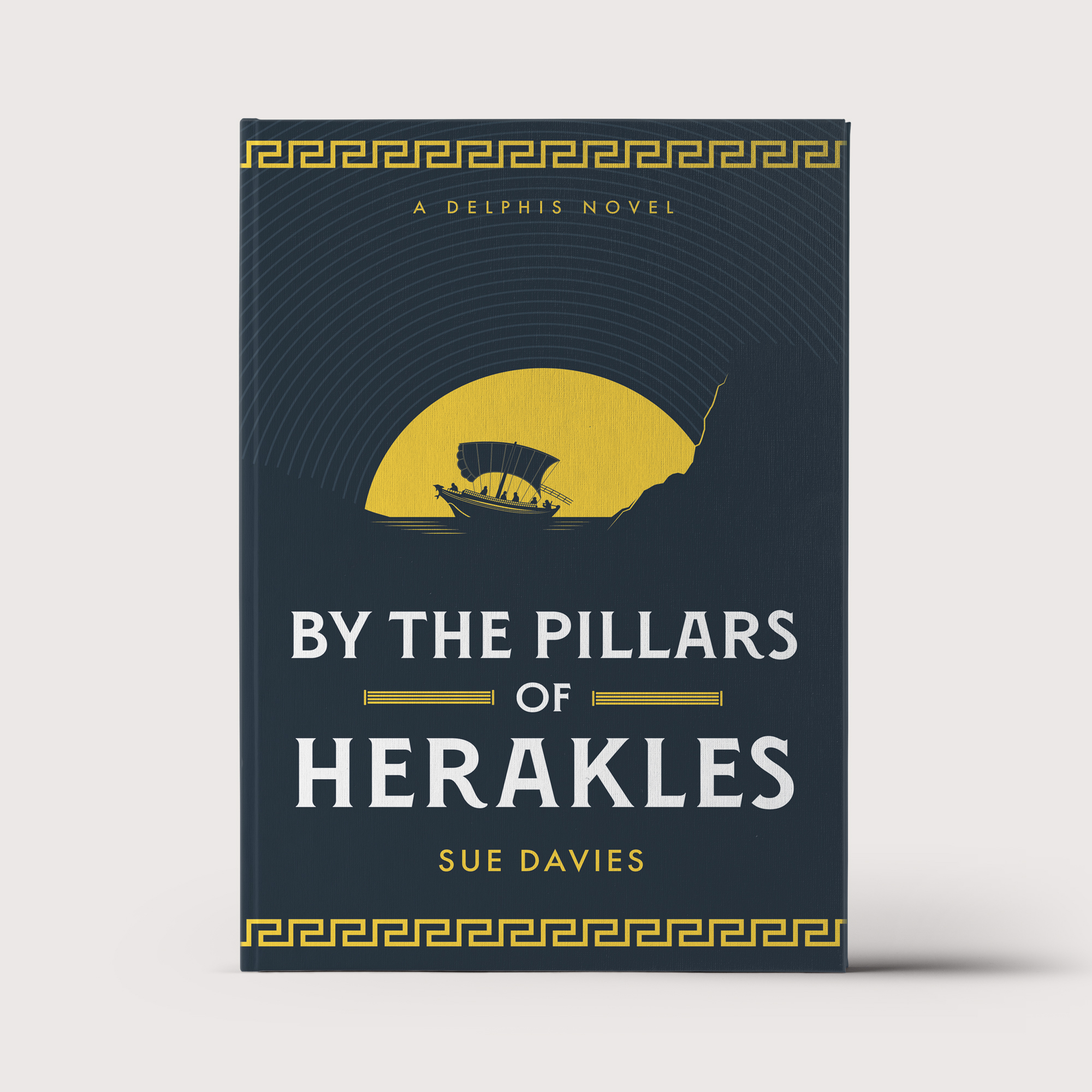If you are a Book Club member, welcome!
Please find below a few questions you may find it interesting to pursue in your discussions about these stories.
General questions for both books
- How did you experience the book? Did you come away from reading it feeling happy? Explain.
- Which of the characters – or sub characters – did you most like, and why? Which were the most repellent?
- Were there moments in the book which particularly shocked, surprised or delighted you? Which ones?
- Did you see the end coming? Could you predict the outcome of any of the plot?
Questions for Book One
- While this story is fiction, such a journey to West Africa really might have taken place. What do you make of that?
- Nyptan’s love of Lady Gula is real and touching. Are there gods today which are as comforting?
- Is there any equivalent for the amulet in today’s society. If so, what differences and simliarities might there be between them?
- To what extent do we now place our faith in science to solve our problems? Would it be better if we trusted the gods more?
- How many of the constellations can you recognise: in the northern hemisphere or in the southern?
- Is there one particular star you would choose to rely on to get you home if you were in a tight spot?
- Polaris is the north star now, not Kocab. What does this tell us about the earth’s movements since circa 550 BCE?
Questions for Book Two
- Animal sacrifice was common in ancient times. How would you go about drowning a horse to Poseidon, great God of the Sea? Did Koragas choose the best way of doing this or can you think of a better method?
- Bartering was the common form of financial exchange in Carthage until about a hundred years after the time frame of this book. To what extent, if at all, might the arrival of coinage in trade then equate to the arrival of computers in the modern world?
- The sacrifice of children in Carthage at times of national disaster is disputed by some historians, confirmed by others. Do you think that the apparent acceptance of the practise in By the Pillars of Herakles means that people who lived in those times where fundamentally different from us?


